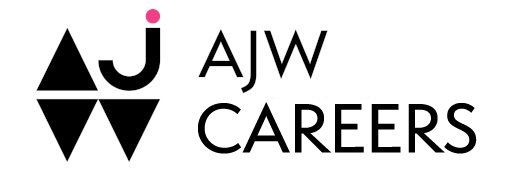At this moment in time, many of us have familiarised ourselves with online job searching and applications. In general, the shift in balance between online and offline searching seems significant across the whole of the job seeker population.
One of the biggest misconceptions I regularly come across in my work as a coach and employment advisor, is that being online and using job portals is considered the most important factor, if not THE ONLY one, concerned with finding a new job.
Being online is indeed very important and it has also been of great benefit during the lockdowns, enabling many to start new jobs and careers recently.
So, without taking away from its merits, this is just a reminder that we can do a lot for our next career move offline as well and ideally, we should be combining online and offline networking practices when working on our career development.
Why is ‘offline’ important?
- Looking online only can be restrictive to certain types of employers
Whilst we are enjoying the advantages of the internet with regard to job searching and applications and the speed and the convenience of this in general, online job searching also restricts our vision to bigger, more well-known global brands with a strong online presence. We tend to forget that there are a lot of small-medium sized organisations and job opportunities LOCALLY much closer to us than we think and without the big competition for the roles. To get to know these employers, we need to go back to old-fashioned talking and chatting within our community (neighbours, parents at school or nursery, gym, shops, etc.) and practice the art of conversation.
This is not a job interview though; this is about having casual chats driven by the simple and honest intention to get to know more about employers for whom others are working and would not be common knowledge otherwise.
2. Access to the ‘Hidden Job Market’
Let’s not forget that NOT every vacancy is posted on the internet even though there is a need for new people to enter the business. The so called ‘Hidden Job Market’ accounts for approximately 80% of jobs recruited for, meaning that they are not advertised anywhere. Depending on the role and the sector, this might be something easily and immediately available, only waiting for the right referrals from existing employers. Or it could be still only an idea in the heads of the business owners and you can take part in creating it.
Either way, building on the previously mentioned conversations with others, we can get invaluable information regarding opportunities. Again, this can be as simple as dropping in a casual ‘That’s very interesting, I would be interested in working for a company/in a sector like that’ message to be picked up on when the time is right.
3. Route to referrals
Unless we can spend a lot of time on online networking platforms, have a significant (and professionally appealing) online presence or some amazing achievement already known to our fellow professionals, our reliance on referrals will be greater. Referrals are the result of relationship building, not only online but offline too, asking and accepting to be introduced to others and keeping in touch with them (it is perfectly OK if it is done online later on) and gradually expanding our network bit by bit, even when there are no immediate plans or opportunities to change roles.
What to expect?
As for the difficulties, offline networking can be slower, it is likely to be a more long-term way of finding new opportunities and it forces us to push ourselves when it comes to utilising or developing our interpersonal skills. This can feel uncomfortable to some to start with and it needs a certain mindset. However, it is extremely important to increase the chances to find opportunities for our next career move. So, don’t let’s waste more time; we need to get down to identifying opportunities for meeting others to build those casual or professional relationships. If you feel you need support with how you begin the process, or assessing what values you can bring to an employer without the help of a job description, coaching is a great tool to help you get started.

